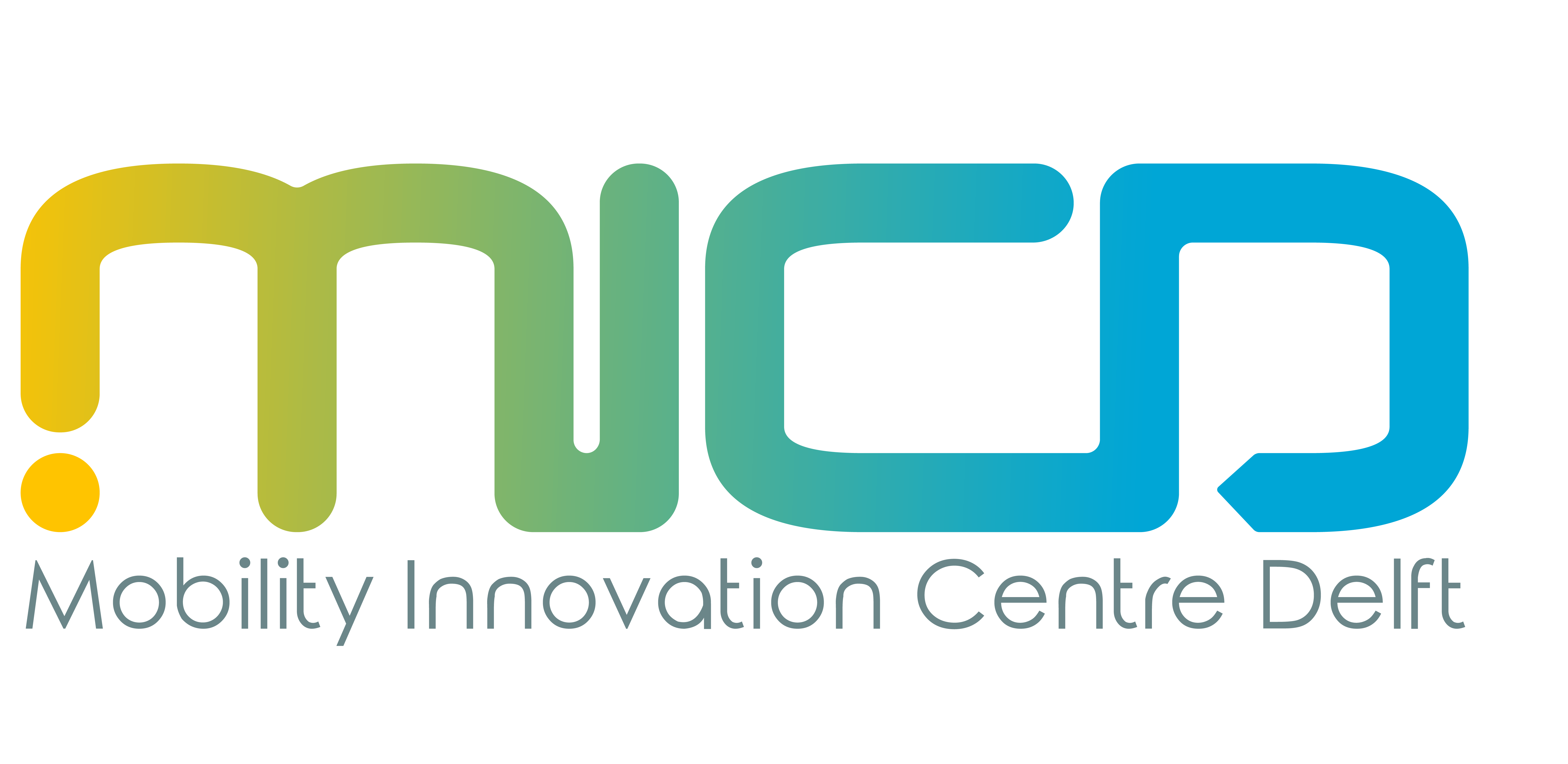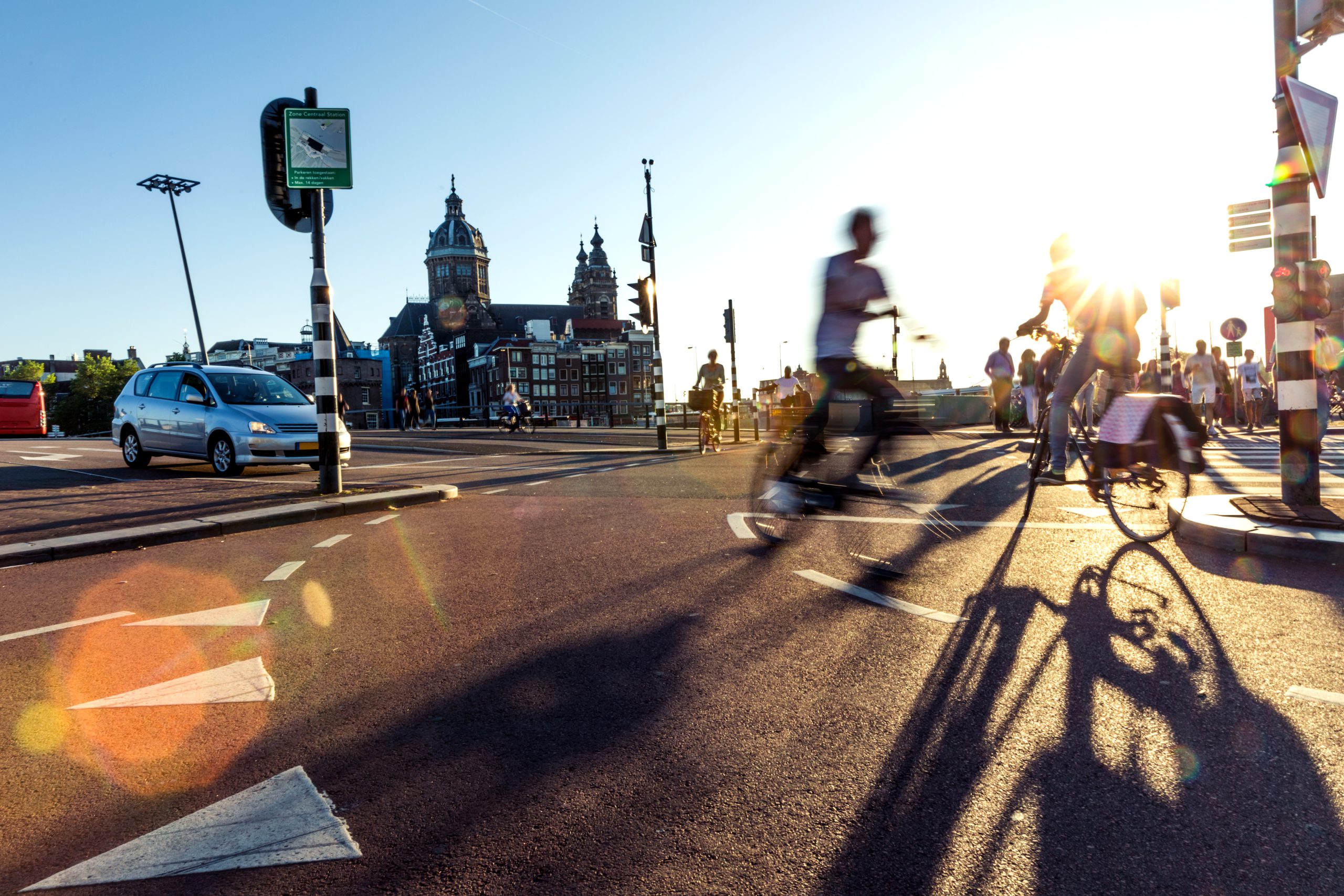Research shared mobility
The Mobility Innovation Centre Delft, together with the Smart Public Transport Lab (both part of TU Delft), will investigate from 1 to 21 November how residents of Delft city centre think about sharing a means of transport: an (electric) bike, cargo bike, scooter or car. Delft municipality will use the results to make decisions about the future layout of the city centre.
Sharing vehicles
Delft will gain more inhabitants and employees in the coming years. This growth will generate more traffic and within the same available space. Keeping the inner city accessible and liveable is important: for residents, entrepreneurs, scholars, students and tourists. Vehicle sharing can help reduce traffic congestion, as well as the required parking spaces and bicycle sheds. Therefore, the municipality wants to know what would be most important to you if you were to rent a bike, e-bike, scooter or car.
What is shared mobility?
Shared mobility is the shared use of car, scooter or bicycle. The underlying principle here is that a means of transport is not used continuously. Travellers temporarily rent a means of transport by ensuring availability at the right location at the right time. They only pay for the duration of use and mileage. After use, the car, bike or scooter is available to the next traveller. The challenge in offering shared mobility is choosing the right collection points: travellers want a means of transport within walking distance.
The range of shared transport currently on offer consists of shared cars (a.o. GreenWheels, Mywheels and Sixt), shared electric scooters (a.o. GO Sharing, Check and Felyx) and shared bicycles (ov-fiets, a bike that you can rent at a train station). These are dispersed throughout the city at easily accessible, public locations. Such locations are, for example, fixed parking spots or a random spot where the previous user parked it. A smartphone app indicates the exact pick-up location and processes the payment.
Research approach
TU Delft’s research consists of a digital survey. The municipality of Delft approaches residents to participate in the survey. The questionnaire includes questions on travel preferences in different situations, for instance in fine or poor weather conditions and in case of carrying less or a lot of luggage. Furthermore, participants are asked to indicate a preference for a particular means of transport, varying in walking distance and cost. In addition, the survey zooms in on the most recent journey and the participant’s general preference for short and longer trips. Finally, the personal situation is charted, including residential area, household composition and whether the participant can travel well or has to deal with a physical disability.
Data processing
The data is stored securely and processed completely anonymously. Three months after completion of the survey, TU Delft issues a report and shares it with the Delft municipality. The report will also published on the MICD website. Participants’ data will be deleted after the study. Upon publication of the report, the municipality will inform residents of Delft city centre who were approached to participate in the survey. TU Delft will use the insights gained from this research in the future to advise the municipality of Delft as well as other municipalities on the design of urban areas, for example on preconditions for facilitating and expanding opportunities for shared mobility.
More information
For more information about this study, please contact the research team at sharedmobility@tudelft.nl.

